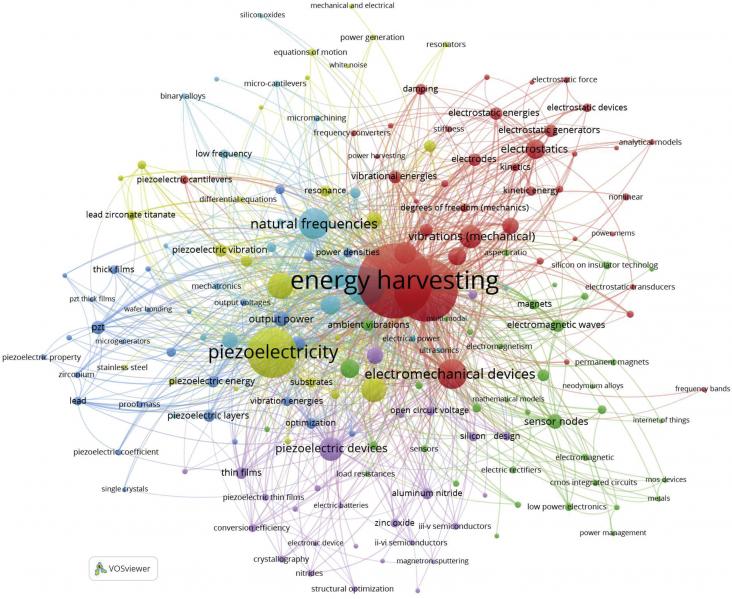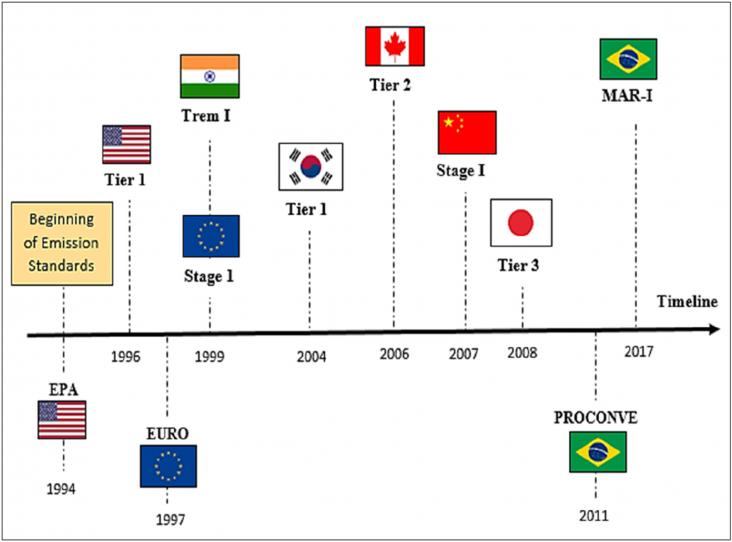This book chapter advances SDGs 3, 12 and 13 by discussing the entrance of microplastics in a range of environments, including oceans, surface waters, wastewaters, soils, sediments, the atmosphere, and food.
Our carbon-intensive economy has led to an average temperature rise of 1 °C since pre-industrial times.
The National Biogas Policy of Ethiopia introduces plans for the implementation of biogas technologies in rural areas.

Micro Electro Mechanical System (MEMS) energy harvester's research interests have been increasing rapidly, indicating that the topic has given significant contributions to the sustainable development
A shift to a more healthy and sustainable diet (as recommended by the EAT Lancet Commission report) is currently hampered by persistent choices for meat, which are based on stable preferences and posi
The climate emergency and population growth are challenging water security and sustainable urban design in cities worldwide.
Electric vehicles (EVs) are widely regarded as the key to finally making private mobility clean, yet virtually no research is being conducted on their potential contribution to the expansion of imp
This book chapter advances SDGs 13, 12 and 15 by discussing climate change and its causes and effects on water resources and implications for adaptation.

